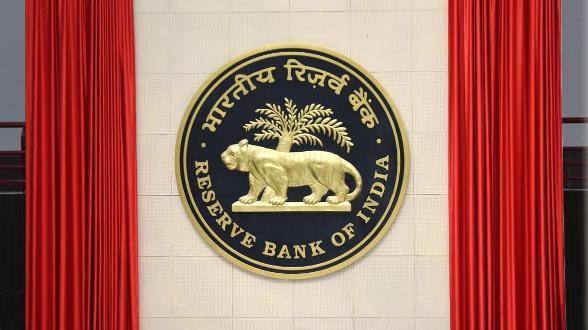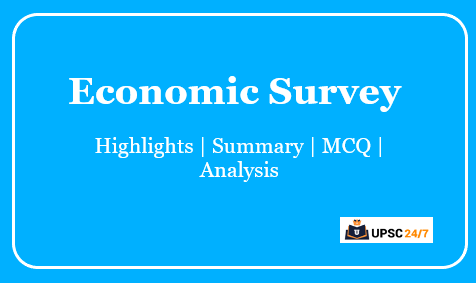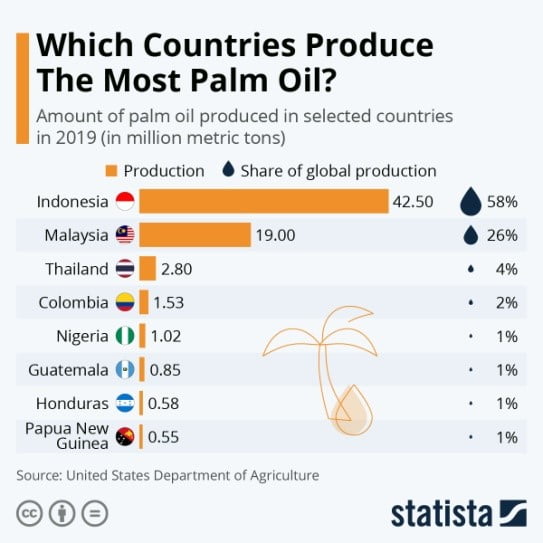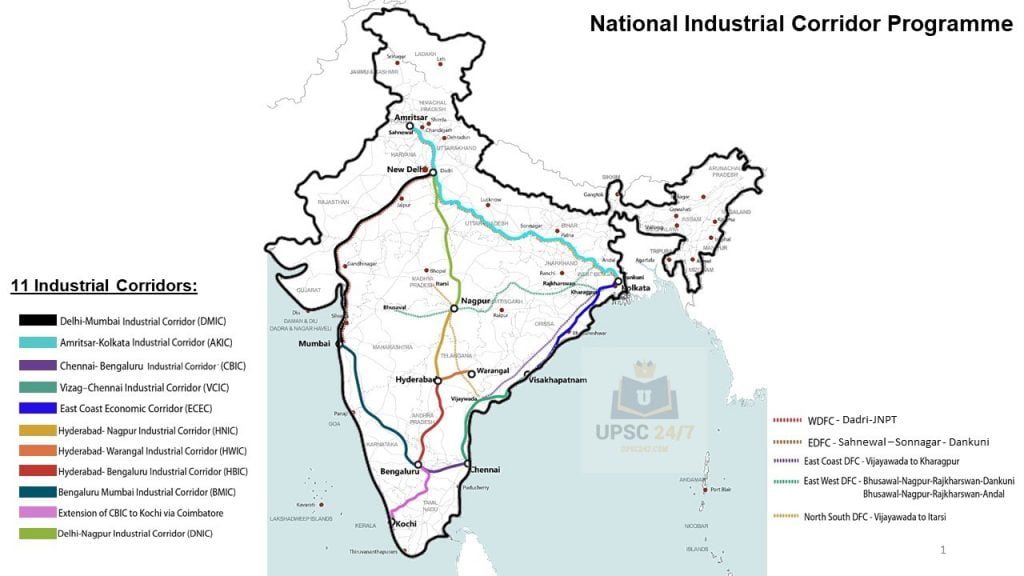RBI Economic Toolkit UPSC | The Economic Toolkit Revealed – This article has appeared in the newspaper in the context of publication of RBI’s annual report for the financial year 2020-21. Based upon the analysis of this report, the article highlights that the RBI has taken swift and timely actions to deal with the economic woes caused by the Covid-19 pandemic. Going forward, the sustained efforts of the RBI must be complemented by the Government.

RBI Economic Toolkit UPSC | The Economic Toolkit Revealed
- In order to deal with Covid-19, the RBI has adopted expansionary monetary policy.
- RBI has reduced policy rates such as Repo rates.
- The RBI has also injected liquidity into the economy through a combination of both conventional and unconventional policy tools such as Repo, Open Market Operations, Reduction in Reverse Repo, Targeted Long Term Repo operations (TLTROs) etc.
- The RBI has also sought to bring down the yield rates on the long-term G-Secs through the Operation Twist.
- As the Economic Survey 2020-21 has recommended, the Union Government must adopt Counter Cyclical Fiscal policy to revive animal spirits and boost economic growth.
RodTep Scheme | UPSC | Features & Details
What Are The Main impact Of This RBI Policy ?
- The rates of interest on the loans given by the Banks have also declined.
- Ideally, the decline in the interest rates should have led to higher credit creation leading to an increase in investment and consumption expenditure and hence economic revival.
But In Last Year We Have Seen That Even After Taking So Many Economic Expantionist Steps, Indian Economy Showed Negative Growth Rate . Why All This Happened ?
The Main Reason Of This Negative Growth Were Following
Supply Side Problem:
- The Banks are sitting on surplus liquidity and are reluctant to give loans due to the fear of increase in NPAs.
- Rather than giving loans, the Banks are parking their surplus liquidity with the RBI through the Reverse Repo route.
Demand Side Problem:
- Both Individuals and Private sector are staring at higher level of uncertainty caused due to Covid-19.
- Poor sentiment among the individuals and private sector has led to lower demand for loans.
- After Covid 19 people Of India Not taking Risk, They Are Looking For Security And Safety.







